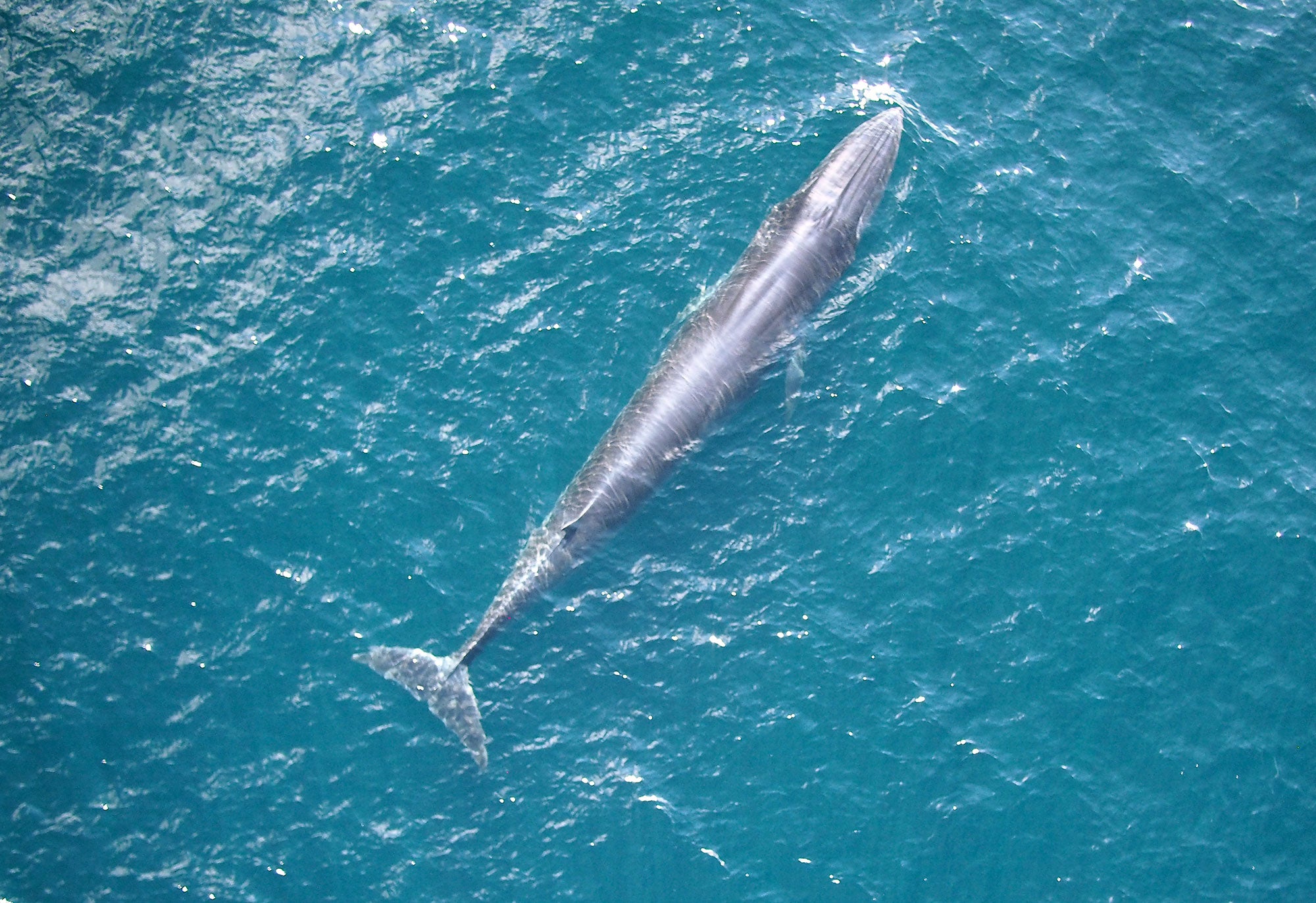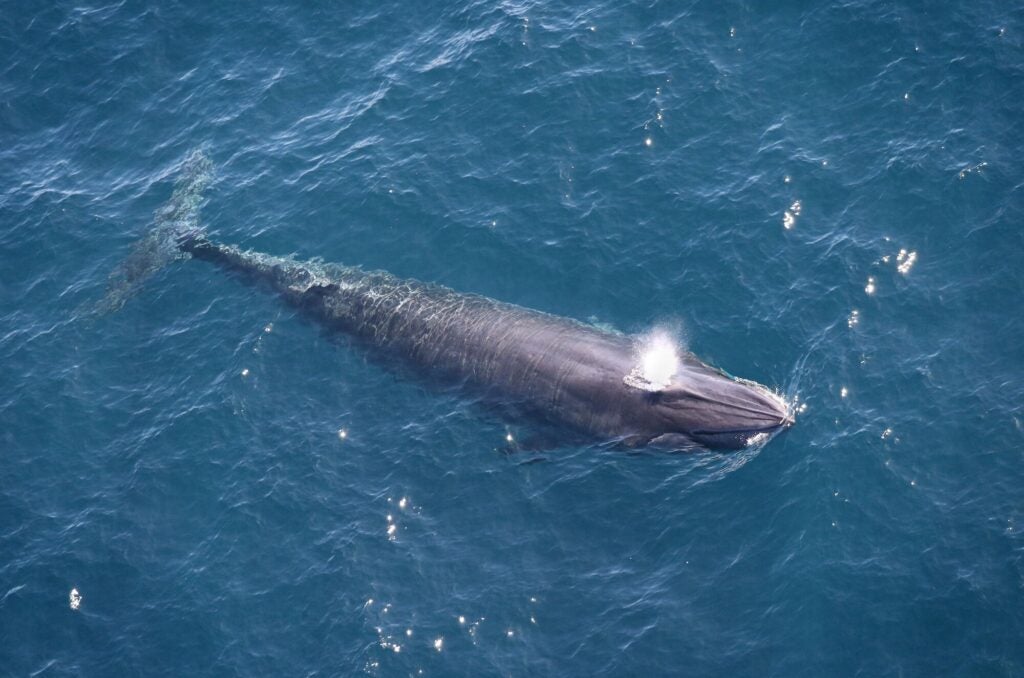Protecting Critically Endangered Rice’s Whale From Oil and Gas Impacts in the Gulf of Mexico
The biological opinion allows a stunning amount of harm to Gulf species. The Gulf is the year-round home to the critically endangered Rice’s whale, a species with fewer than 100 individuals remaining on Earth.
Clients
Regional Office / Program
Case Overview
On behalf of our clients, Earthjustice filed suit to properly protect rare species, including Rice’s whales and Kemp’s ridley sea turtles, from being harmed or killed by fossil fuel drilling and exploration in the Gulf of Mexico.
The lawsuit against the National Marine Fisheries Service says that a newly released biological opinion that’s required under the Endangered Species Act is inadequate. The Fisheries Service was required to complete this new biological opinion after a federal court found the previous biological opinion unlawful.
Under the law, before the Department of the Interior can lease areas of the Gulf to oil and gas drillers or authorize drilling activities, the Fisheries Service must first assess how threatened and endangered species, such as the Rice’s whale, are likely to be harmed. The Fisheries Service also must require mitigation to avoid or minimize harm to protected marine species.
In the new biological opinion, the Fisheries Service admits that vessel strikes alone will kill nine Rice’s whales and seriously injure three more over the next 45 years. But rather than require concrete measures to protect the whales, the biological opinion relies on vague future promises. More than 100 scientists warned that unless the U.S. does more to protect the whales, we could witness the first human-caused extinction of a great whale species.
The biological opinion also puts the Gulf’s sea turtles at risk. The Fisheries Service estimates the activities will kill or seriously harm several hundred sea turtles every year through ship strikes, explosives, air gun blasting, marine debris, and oil spills.
Even these numbers underestimate the harm that oil and gas activities pose to these species and the broader Gulf ecosystem. The biological opinion dismisses the possibility of another catastrophic oil spill like the 2010 BP Deepwater Horizon disaster, which killed or seriously harmed more than 100,000 animals protected under the Endangered Species Act.

Case Updates
Case page created on May 20, 2025.
